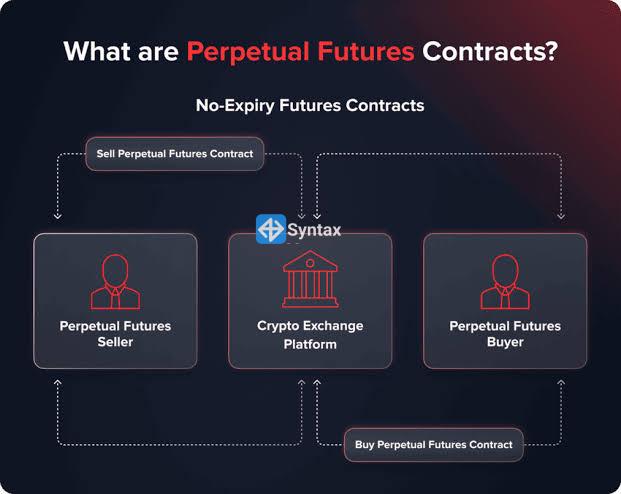The cryptocurrency market has always been sensitive to global events, from financial policies to international conflicts. In recent years, political decisions and tensions have had a growing influence on crypto prices, investor confidence, and even regulatory frameworks. Understanding how politics affects crypto is essential for anyone involved in digital assets today. Here are five key ways political factors are shaping the crypto market right now.
1. Government Regulations and Policy Shifts
One of the most direct political influences on crypto is government regulation. When a country introduces strict laws around trading, taxation, or crypto exchanges, it often causes sharp market reactions. For instance, bans on crypto in certain regions or new tax policies can lead to sell-offs. On the other hand, countries embracing crypto-friendly rules, like El Salvador’s Bitcoin adoption can drive optimism and price growth across the market.
2. Central Bank Actions and Inflation Control
Central banks play a major role in shaping the financial environment around crypto. Decisions about interest rates, inflation management, and monetary policy impact how investors view cryptocurrencies as an alternative asset. When fiat currencies weaken or inflation rises, people often turn to Bitcoin and stablecoins as stores of value. Thus, political influence on central banks indirectly pushes more people toward crypto investment.
3. Geopolitical Conflicts and Sanctions
Wars, trade disputes, and international sanctions can significantly affect crypto markets. During times of conflict, individuals and even nations use cryptocurrencies to move money across borders and bypass financial restrictions. However, such political instability also increases market volatility as investors seek safer assets. The ongoing global conflicts have shown how digital currencies can act as both a financial lifeline and a risk factor depending on the situation.
4. Election Seasons and Policy Promises
Election periods in major economies often bring uncertainty. Political candidates who promise stricter crypto regulations or favor traditional banking systems can cause temporary market fear, while pro-crypto leaders can spark investor enthusiasm. For example, discussions around digital dollar policies or blockchain integration in government systems can shift investor sentiment overnight.
5. Global Economic Alliances and Trade Policies
International political partnerships and trade agreements can indirectly influence crypto adoption. Nations forming alliances for digital currencies, CBDCs (Central Bank Digital Currencies), and blockchain innovation are signaling a new era of global financial infrastructure. This competition among countries to lead in blockchain technology often brings both investment and speculation to the crypto markets.
As cryptocurrency continues to evolve, understanding these political influences will help investors, traders, and builders navigate the market more wisely and stay ahead in an increasingly globalized financial world.












